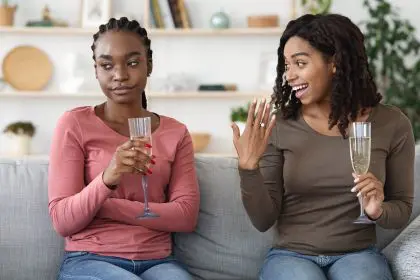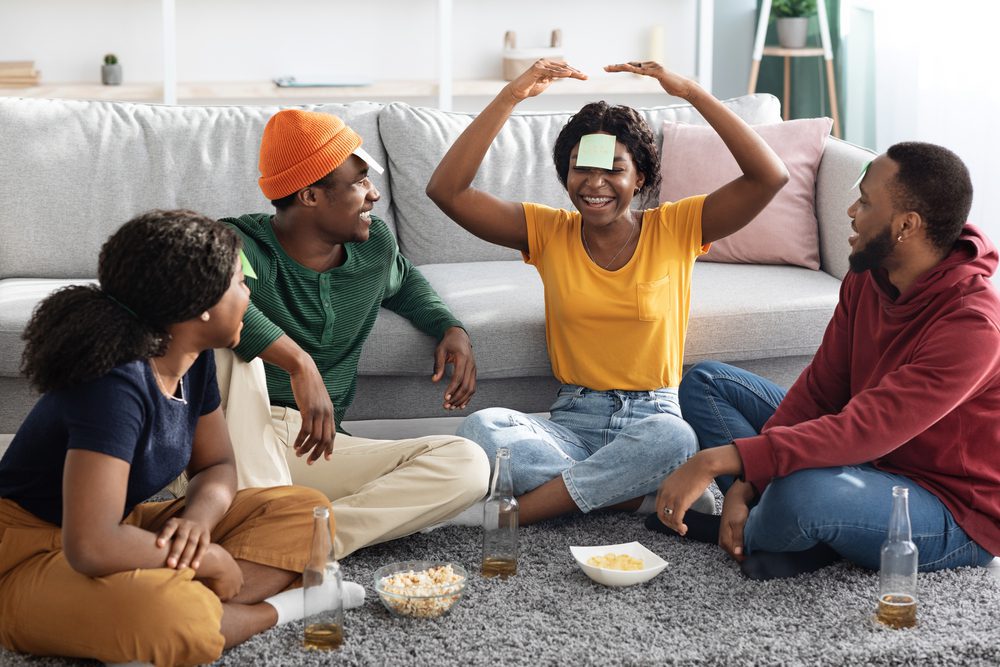Finding hobbies that bring joy while supporting your physical and mental health can be particularly meaningful when they connect to your cultural heritage and community. For African Americans facing higher rates of stress-related health conditions like hypertension, diabetes, and heart disease, choosing activities that provide both personal fulfillment and health benefits becomes even more important for long-term wellbeing.
The key is selecting hobbies that reduce stress, build community connections, promote physical activity, and provide outlets for creativity and self-expression. These activities can serve as powerful tools for managing the unique stressors and health challenges that affect African American communities while celebrating cultural traditions and building meaningful relationships.
Dance connects culture with cardiovascular fitness
Traditional African and Caribbean dance forms like Afrobeat, dancehall, or step dancing provide excellent cardiovascular exercise while celebrating cultural heritage and building community connections. These high-energy activities can burn 300-500 calories per hour while improving coordination, flexibility, and rhythm.
Dance also offers powerful stress relief through music, movement, and creative expression that can help lower cortisol levels and blood pressure. The social aspect of group dance classes or community dance groups provides important social support that benefits mental health and reduces feelings of isolation.
Many communities offer culturally-centered dance classes specifically for adults, making it easy to find age-appropriate instruction that honors traditional forms while adapting to different fitness levels. Home practice with online tutorials or music playlists allows for flexible scheduling around work and family commitments.
Gardening provides nutrition and stress relief
Growing your own vegetables, herbs, and traditional plants connects you to agricultural traditions while providing fresh, healthy produce that supports better nutrition. Gardening activities like digging, planting, and harvesting provide moderate physical exercise that can help manage weight and improve strength.
The outdoor time involved in gardening increases vitamin D exposure, which is particularly important for African Americans who have higher rates of vitamin D deficiency due to increased melanin reducing synthesis from sunlight. Adequate vitamin D supports bone health, immune function, and mood regulation.
Container gardening, community garden plots, or even indoor herb gardens make this hobby accessible regardless of living situation. Growing traditional foods like collard greens, okra, or herbs used in soul food cooking can enhance both nutrition and cultural connection to foodways.
Music-making enhances cognitive and emotional health
Learning instruments like drums, piano, or guitar provides cognitive stimulation that supports brain health while offering emotional outlets for stress and creativity. Music engagement activates multiple brain regions simultaneously, potentially supporting cognitive function and memory as you age.
Playing music in groups, whether through church choirs, community bands, or informal jam sessions, builds social connections while honoring the rich musical traditions of African American culture. These activities can provide regular social interaction and sense of purpose that support mental health.
Music therapy benefits include reduced anxiety, improved mood, and better stress management. Even basic music-making like drumming or singing can trigger endorphin release and provide natural mood enhancement without requiring advanced musical skills.
Walking groups combine fitness with community
Organizing or joining walking groups with friends, family, or community members makes exercise more enjoyable while providing accountability and social support for maintaining regular physical activity. Walking is particularly beneficial for managing diabetes, hypertension, and weight – conditions that disproportionately affect African Americans.
Historical neighborhood walks or cultural site visits can combine physical activity with learning about local African American history and heritage. These activities provide both exercise and cultural education while building pride in community achievements and resilience.
Regular walking groups also provide opportunities for meaningful conversations, problem-solving, and mutual support that can help manage stress and build stronger community connections. The social aspect often makes participants more consistent with exercise than solo activities.
Creative arts support mental health and cultural expression
Painting, drawing, photography, or crafts like quilting provide creative outlets that can reduce stress, improve focus, and offer opportunities for cultural storytelling and heritage preservation. Visual arts engagement has been shown to lower cortisol levels and provide meditative benefits similar to mindfulness practices.
Creating art that reflects personal experiences, family history, or cultural themes can provide therapeutic processing of emotions while building cultural identity and pride. Art-making can also preserve family stories and traditions for future generations.
Community art classes, cultural centers, or online tutorials make art accessible regardless of experience level. The focus should be on enjoyment and expression rather than technical perfection, allowing for stress relief and creative satisfaction without performance pressure.
Sharing creative work through community exhibitions, social media, or family gatherings can build confidence and connections while celebrating cultural creativity and individual expression.















